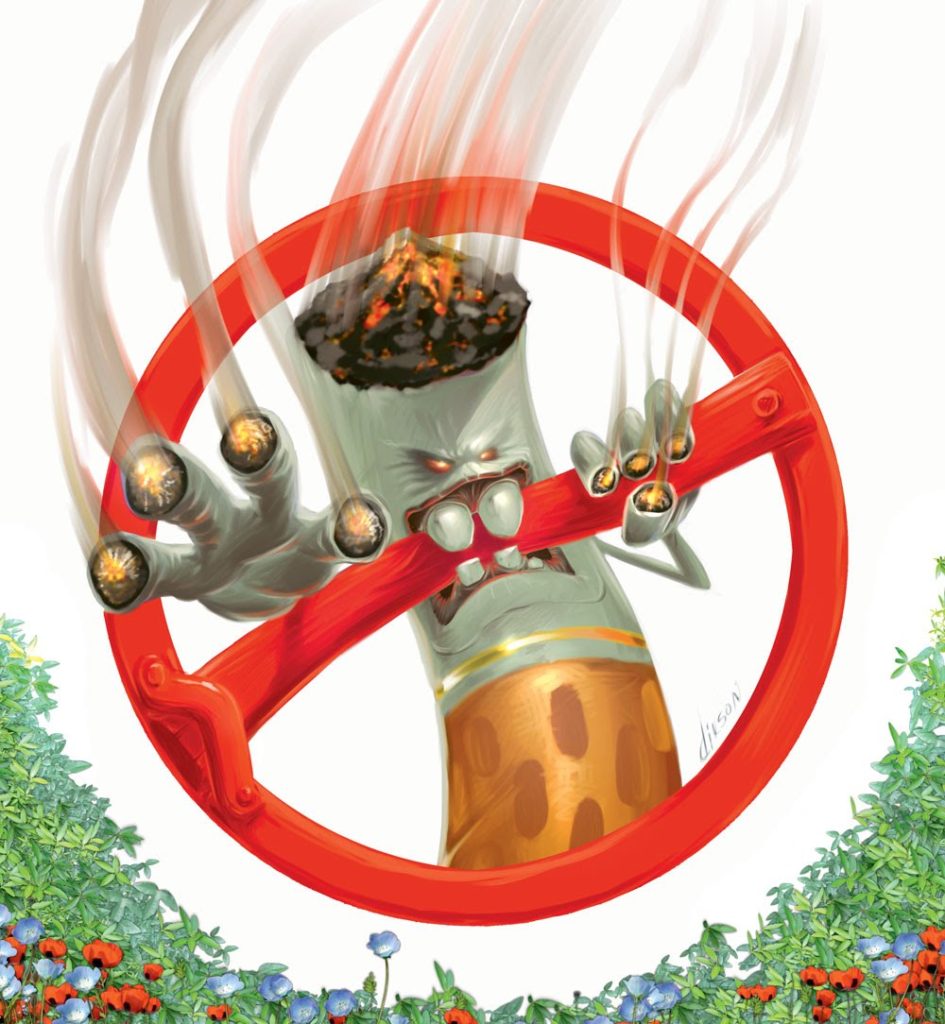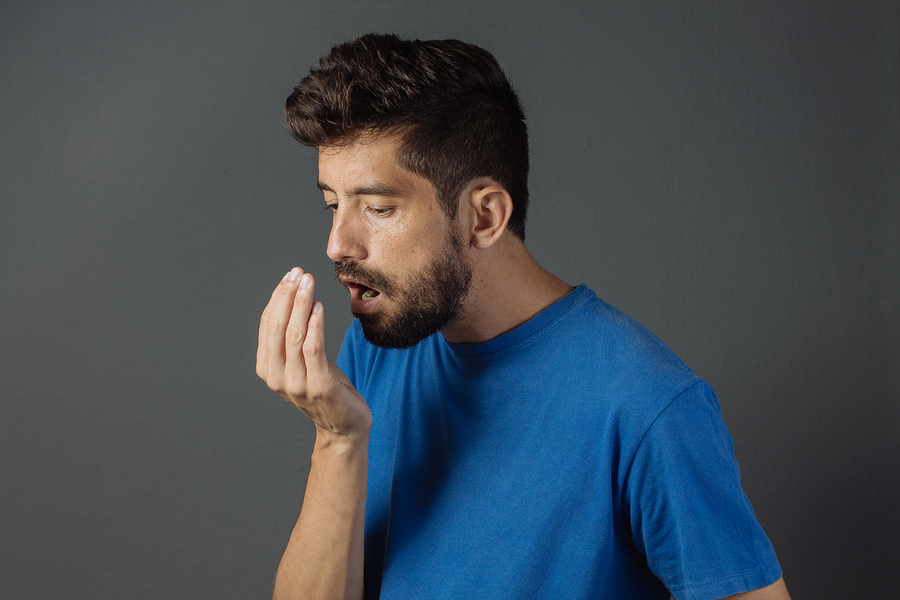Bad breath or halitosis is an embarrassing problem, and one that is extremely common. What very few people realize is that there are simple remedies you can do to avoid bad breath, or eliminate it completely. If you are interested in learning how to get rid of bad breath keep reading, these simple tricks can help you stop that pesky condition.
Quickly Get Rid Of Your Bad Breath
Bad breath is caused by bacteria that build up in the mouth, giving off waste that leads to the bad smell. Taking steps to minimize the conditions that promote growth of bacteria can help alleviate the problem, and get rid of your bad breath for good. Taking the following steps are a good start, and might be able to help you pin point the root cause of your halitosis.
1) Avoid Toothpaste That Contains Sodium Lauryl Sulfate
Sodium Lauryl Sulfate is a common ingredient in commercially manufactured toothpaste as is a known cause of canker sores and chronic bad breath. The chemical, a detergent used to help remove food from the teeth, is very harsh and can lead to erosion of the mucous membranes in your mouth. This leads to canker sores and dry mouth, a known cause of bad breath.
Saliva is an extremely important factor in the mouth, and is an oxygen rich environment. Sodium Lauryl Sulfate can reduce saliva production, leading to dry mouth, a condition in which the mouth become anaerobic. This is the perfect environment for bacteria who produce sulfur as a waste product, leading to bad breath. Eliminating toothpastes and mouth washes that contain the chemical compound is one solution that can help reduce bad breath, and dry mouth, exponentially.
2) Avoid Alcohol Based Mouth Wash
A daily mouth wash rinse is a habit for many people, it leaves the mouth fresh, fights plaque and is all around pleasant. What many don’t realize is that the high amount of alcohol in mouth wash, sometimes as high as 26 proof, can actually damage teeth and the mucous membranes in the mouth, leading to bad breath and decay. Check your mouthwash, and avoid ones that have a high amount of alcohol in order to reduce bad breath, dry mouth, and tooth decay.
The alcohol is usually used as a carrier agent, and is a way to dissolve other active ingredients, allowing them to fight plaque and keep your mouth healthy. The downside is that the abrasive, drying factors of alcohol can be very dangerous, especially when used on a very regular bases. The damage can lead to bacteria build up that results in chronic bad breath that makes treatment difficult.
3) Avoid smoking and alcoholic drinks.

Lifestyle choices are often a factor in bad breath, and those go beyond dental hygiene or care. Individuals who smoke and drink excessively put them selves at risk of developing bad breath, a condition that can be extremely embarrassing. If you think your breath problems might be caused by your lifestyle, making positive steps to change or minimize the offending factor can help relieve the problem.
Because both alcohol and cigarettes can cause dehydration, they lead to a bad breath as well. The lack of saliva in your mouth lowers the PH, creating a breeding ground for bad bacteria that produce sulfur. This is the culprit when it comes to that awful smell of bad breath.
4) Drink lots of water to avoid dry mouth.
Make sure you stay hydrated by drinking at least 6 cups of water daily, or more if you go out partying or drinking. It’s an important habit to make and can be beneficial to your health in general, not only your breath. Drinking the right amount of water can help with weight loss, keep your teeth healthy, lower blood pressure, and better kidney function.
Keeping yourself hydrated also helps you avoid dry mouth, a condition that is quite often responsible for bad breath. Staying hydrated will help boost saliva production, maintain an even PH in your mouth, and discourage the growth of bacteria that lead to bad breath. This can be a key part of keeping your mouth smelling minty fresh.
5) Avoid Foods With Strong Odors, Like Garlic
Avoiding certain foods can help minimize bad breath in some cases. Eating an extreme amount of garlic, for example, can lead to chronic bad breath, and body odor. The same is true for onions, and should be eaten in moderation if you want to avoid bad breath. Brushing well, and flossing frequently can work as a preventative measure if you do eat either of those foods.

As with most conditions, finding the root cause of the problem is the best way to resolve it completely and permanently. Avoiding toothpaste that contains Sodium Lauryl Sulfate, and minimizing your smoking and alcohol are steps you can take to prevent and fix bad breath.
If you’re looking for the most effective way on how to get rid of bad breath, download our free ebook by clicking here. Find out what actually causes bad breath and how you may just be a click away from an effective cure.
Get Rid Of Bad Breath Today
You may be surprised by some of the factors that contribute to bad breath. To get rid of bad breath, you must use products that bring the bacteria back to levels that don’t cause bad breath. This can be done by cutting off the food source to these bacteria, eliminating factors that lead to bacterial growth, and promote a healthy oral environment. This cannot be done with mouthwashes or mints. These give your mouth a strong taste, which then leads you to believe if your mouth tastes “medicated” or minty, then your breath must smell good. This is far from the truth, and if you really want to get rid of bad breath, download this ebook to debunk all the myths related to bad breath
Be Sociable, Share!
